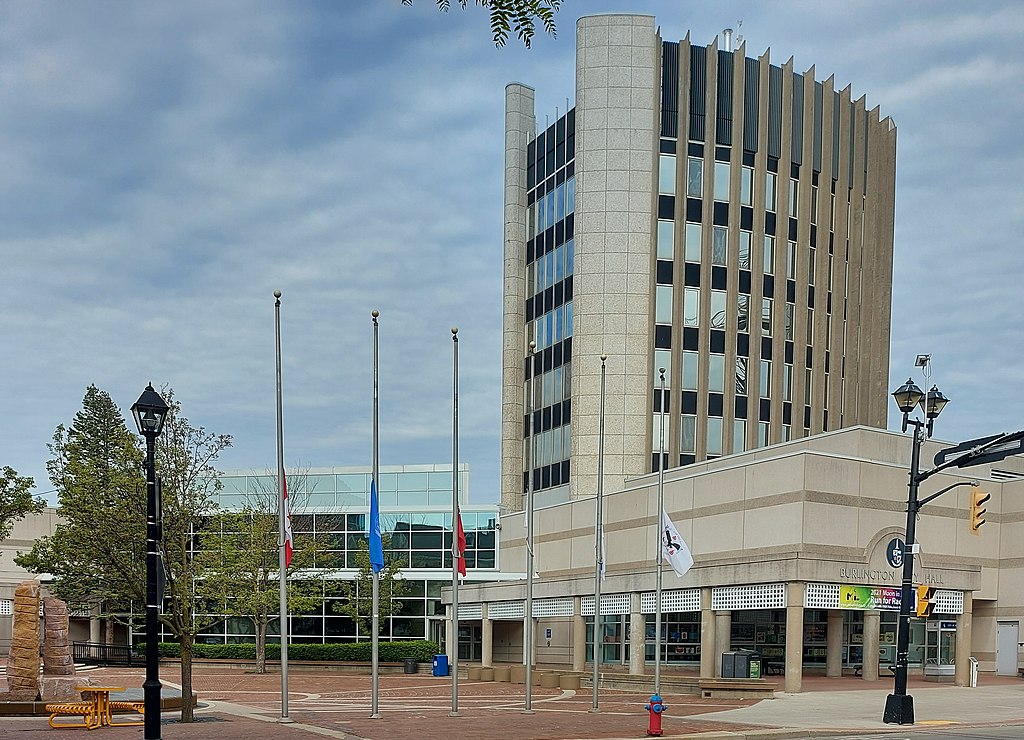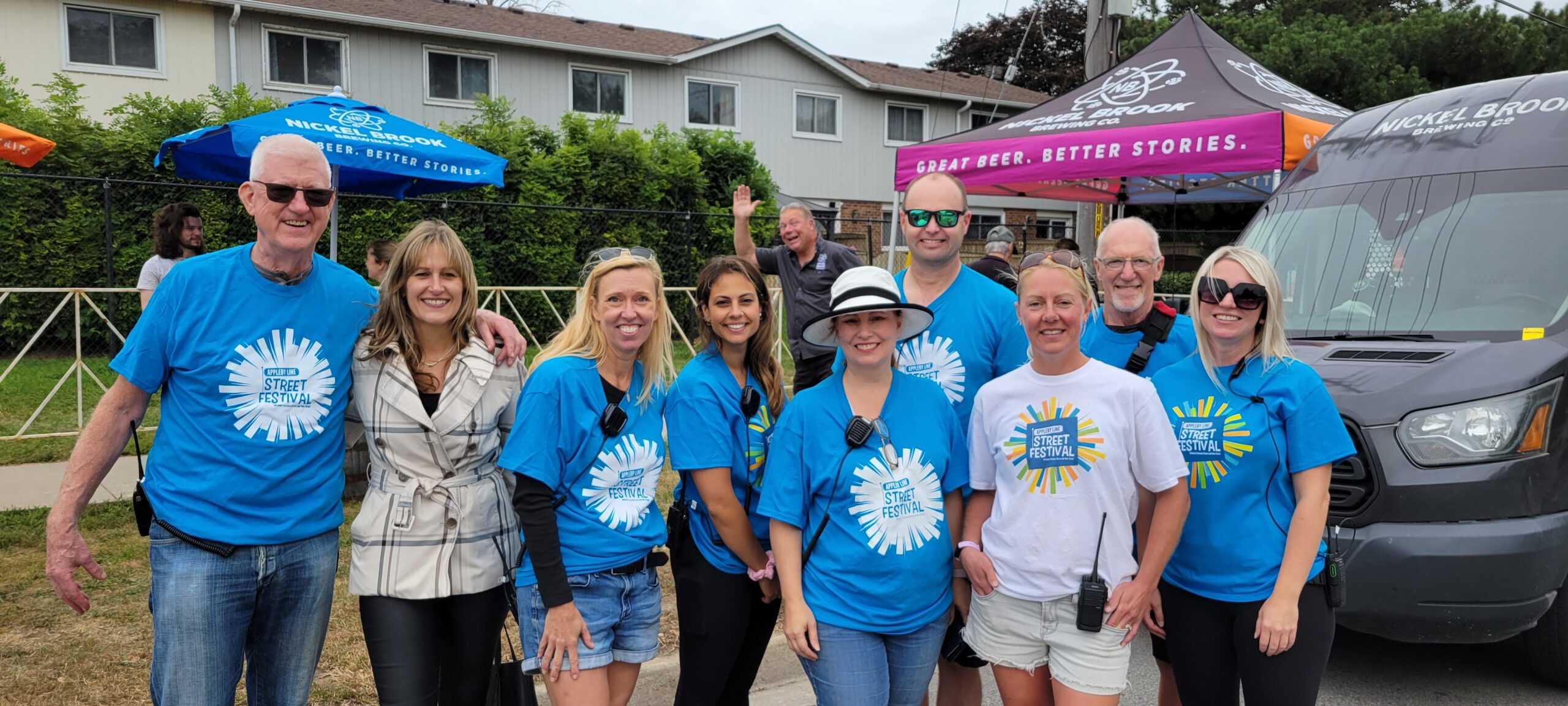The city’s new Committee of the Whole sat for two straight days, Feb. 5 and 6, where we saw some signs of fatigue, and a few minor gaffes and giggles (i.e. forgetting dates and order of procedures) from councillors creep in, which may affect how much longer this change in committee format holds.
If there was a theme over the two-day session, it was communication between council, staff, and the public. More than one delegation spoke of either the lack of notice for meetings and pre-consultations or urged council to listen to the voices of residents in the matter of local development.
In response to a resident’s concerns, Ward 2 Councillor Lisa Kearns explained to a delegate, “We’re working within legislated bylaws and zoning bylaws, this [Robert Bateman Community Centre parking] isn’t an arbitrary decision.”
Ward 5 Councillor Paul Sharman added that investments made by the city are made on behalf of the entire community and not just one neighbourhood.
It’s not an easy job balancing regulations that come down from the province, the need to address issues such as population growth and the quality-of-life demands of residents, and the practicalities of infrastructure, climate change, and the fact that municipalities are not allowed to run over budget.
The process is often frustrating, and frustratingly slow, for residents to accept. Some of those feelings came out during this marathon session, as they do at other times throughout the year.
More often than not, items at the committee level result in a “receive and file” motion, sometimes prompting a staff direction to clarify, adjust, or otherwise improve, the proposal on file. Council meetings are held later and give residents another chance to delegate their support or opposition; however, it’s often too late to provide suggestions.
Items such as plans for Phase 1 of the Robert Bateman Community Centre construction and site development; a communications and engagement report; school property pathway maintenance; the Burlington Hydro 2024 business plan; and two of the three confidential items were all “received and filed.”
On items that are discussed in open council chamber sessions, delegations from the public are invited to speak on that topic to help inform councillors and the mayor on how the community feels about city activities and proposals under consideration (bylaw amendments for example).
Representatives from the Burlington Downtown Business Association (BDBA) and the Burlington Restaurant Association came to delegate on the city-wide permanent outdoor patio program motion. The program introduced increased fees and a few changes to the temporary patio regulations originally set up to help restaurants and businesses deal with issues brought about by pandemic restrictions.
According to BDBA Executive Director Brian Dean, the group was “in alignment with staff on 95% of what is before you in this report, save two issues — insurance and barriers.” The business group did not see the need for the increase in insurance levels (from $2 million to $5 million in liability) and noted that the cost to businesses on barrier structures to divide customers from roadways seemed prohibitive to smaller operations.
Committee would not debate the issue until the following day, a result of having most delegations appear before council at the top of most agendas, even if the Committee of the Whole took more than one day to deal with all matters before it.
As it turned out, the business associations’ delegation helped convince the Committee of the Whole to amend the staff recommendations by limiting the requirement for liability to $2 million and waiving fees related to the cost of on-street barriers (both capital and operating) — those costs being borne by the city.
Only Ward 4 Councillor Shawna Stolte held firm on the insurance rate of $5 million, citing a concern that the city might still be held liable for awards over $2 million.
One bright spot on the community engagement front for the city was a presentation by Manager of Community Development Services Denise Beard, on the various steps taken to gather community feedback for the Robert Bateman Community Centre’s Phase 2 plans, including the internal layout and possible uses of the facility.
Several councillors had their own suggestions to add to the 71 recommendations from the public. One thought came through loud and clear that the councillors didn’t encourage — private businesses that are possibly looking for reduced rate leases. Community and flexibility were at the top of everyone’s lists.
Beard also noted that prior to the Bateman Phase 2 session opening, the city will be conducting a pilot project at the Tansley Woods Community Centre to try out several options and group activities. Stay tuned for more details on that.
Committee of the Whole continued into a second day of sitting with items from the Community Planning, Regulation and Mobility (CPRM) committee. Items on the agenda included an increase of 25 cents per hour in downtown parking fees (as of April 2), an exhaustive report on traffic and pedestrian safety in the Sheldon Creek neighbourhood, a staff recommendation that the property at 400 Brant Street qualify for heritage designation along with a few amendments to the city’s heritage property designations.
The “main attraction” of CPRM was a Statutory Public Meeting on a zoning bylaw amendment for a property at 336 Appleby Line to allow a two-storey, semi-detached house that brought out eight delegations and took up two and a half hours of the committee’s time.
But we’ll leave that for an upcoming article.




